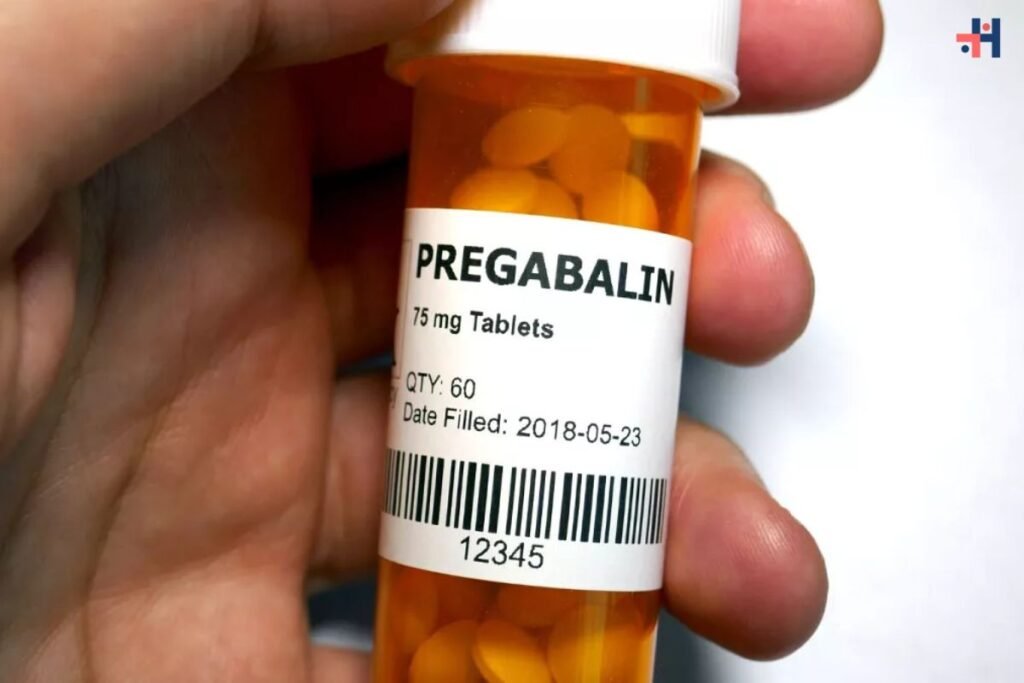[Source-Euronews.com]
Pregabalin, known by brand names such as Alzain, Axalid, and Lyrica, has gained popularity as a versatile medication prescribed for epilepsy, pain management, and anxiety and depression. However, recent findings suggest a darker side to its use, with soaring overdose rates and concerns about addiction. Let’s delve deeper into the issues surrounding this medication.
Highly Addictive Nature
Since its introduction to the UK market in 2004, this drug has been hailed as a breakthrough drug. However, concerns about its addictive properties have surfaced, leading to widespread dependence. Despite its efficacy in alleviating symptoms, medical professionals warn of the hazards associated with prolonged use, urging for better recognition of the risks involved.
The prescription rates for Pregabalin and similar antidepressant medications have surged, particularly in underserved communities grappling with anxiety and chronic pain. Limited access to therapy has led to a reliance on medication, contributing to a growing dependency crisis. Approximately one-fourth of patients prescribed such medications may develop dependency issues, highlighting the need for greater caution in prescribing practices.
Escalating Mortality Rates
Of even greater concern are the rising reports of fatalities linked to Pregabalin use. A recent investigation revealed a startling increase in mortality rates associated with the drug, with Pregabalin now implicated in a third of all drug-related deaths in the UK. Over the past decade, the number of fatalities attributed to Pregabalin has skyrocketed, prompting alarm within the medical community.
Despite its classification as a class C drug, the illicit use of this drug continues to proliferate, fueled by a burgeoning black market catering to individuals struggling with addiction. Dubbed “The New Valium,” Pregabalin has garnered attention from recreational drug users seeking its sedative effects. However, its misuse, particularly when combined with other substances, poses grave risks of overdose and fatalities.
Distinction from Gabapentin
Often confused with Gabapentin, another medication used to treat similar conditions, This drug differs in potency and potential risks. While both belong to the gabapentinoid class, Pregabalin is known to be more dangerous, especially in high doses. Interchanging between the two medications is not recommended due to their distinct properties and effects on the body.
Lyrica (pregabalin): Side Effects and Dosing
Interactions and Side Effects
Patients taking this drug should exercise caution and avoid certain substances that can exacerbate its sedative effects, including alcohol, benzodiazepines, and opioids. Additionally, Pregabalin may cause side effects such as headaches, nausea, fatigue, and memory issues, although these are usually mild and transient. Abrupt cessation of Pregabalin can precipitate withdrawal symptoms, underscoring the importance of a gradual tapering-off approach under medical supervision.
While this drug offers therapeutic benefits for many individuals struggling with epilepsy, pain, and anxiety, its widespread use has raised significant concerns about addiction and mortality. Healthcare practitioners must exercise vigilance in prescribing Pregabalin, considering the potential risks and implementing appropriate measures to mitigate harm. Public awareness campaigns and enhanced regulatory oversight are essential to address the growing epidemic of Pregabalin-related overdoses and fatalities.










